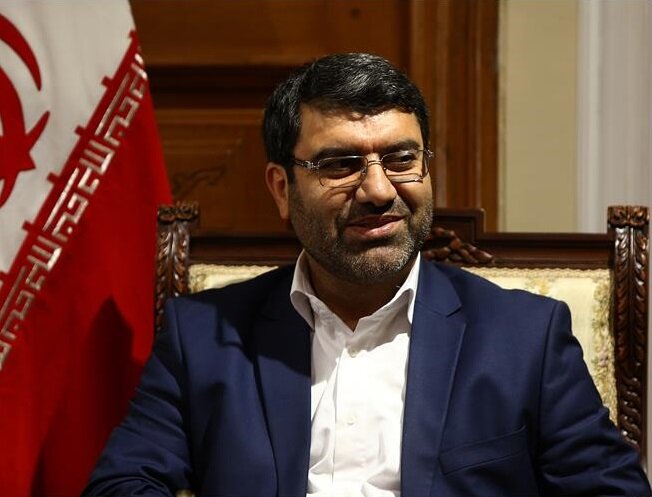JCPOA likely to die after Iran’s fourth step, MP predicts

TEHRAN – The chairman of the Majlis Judicial Committee has said given the European states’ incapability to implement their undertakings, the nuclear deal will be annulled once Iran takes its fourth step in modifying its undertakings in two months from now.
“It is obvious from negotiations between the European and Iranian officials over the past few months that they have been unable to take a positive step to convince Iran not to take the third step (in scaling down its nuclear deal undertakings),” Allahyar Malekshahi told FNA in an interview published on Saturday.
He said it was a “logical move” by Iran to take the third step to reduce its commitments as the Europeans failed to launch INSTEX (the Instrument for Supporting Trade Exchanges) to facilitate trade with Iran and help the country sell its oil.
“It seems that if the Europeans fail to implement their undertakings, the fourth step (by Iran) will be the end of the nuclear deal,” Malekshahi opined.
Iran started the third step to modify its nuclear deal undertakings on Friday, including injecting gas into IR6 centrifuges.
The measure was adopted after the Islamic Republic’s announcement of further reduction in its commitments under the nuclear deal that it signed with the 5+1 countries (the five permanent members of the UN Security Council plus Germany) in July 2015.
In a letter to European Union foreign policy chief Federica Mogherini on Thursday, Foreign Minister Mohammad Javad Zarif said Iran will begin unlimited nuclear research and development work from Friday, officially unleashing the third stage of its measured responses to Europe’s lack of action in the face of Washington’s violation of the nuclear accord.
Zarif’s letter came after President Hassan Rouhani announced on Wednesday that Iran will expand its nuclear research and development as of September 6, setting aside the restrictions imposed on the country’s research and development (R&D) in the JCPOA.
The remaining parties of the JCPOA are Russia, China, Britain, France - four members of the UN Security Council - plus Germany, also referred to as P4+1.
“We took the first step in reducing our commitments, and gave the P4+1 a two-month deadline. Then we went ahead with the second phase, giving them another two-month deadline. In the four-month period, we held negotiations with the P4+1, including the European Union and the three European countries in particular,” Rouhani said.
Iran has rolled back on its nuclear commitments twice in compliance with paragraph 36 of the JCPOA.
Tehran says its reciprocal measures will be reversible as soon as Europe finds practical ways to shield the Iranian economy from unilateral U.S. sanctions which were imposed last year when President Donald Trump withdrew the U.S. from the nuclear deal.
Washington withdrew from the internationally-endorsed nuclear deal with Iran on May 8, 2018, reimposed the toughest-ever sanctions against the country and started a plan to zero down Tehran’s oil sales.
Under the nuclear agreement, Tehran undertook to put limits on its nuclear program in exchange for the removal of economic and financial sanctions.
Yet, Iran continued compliance with deal, stressing that the remaining signatories to the agreement (specially the Europeans) had to work to offset the negative impacts of the U.S. pullout on Iran if they want Tehran to remain in compliance. The Iranian officials had earlier warned that the European Union’s failure in providing the needed ground for Tehran to enjoy the economic benefits of the nuclear deal would exhaust the country’s patience.
Almost a year later, however, the EU failed to provide Tehran with its promised merits. Then, the U.S. State Department announced that it had not extended two waivers, one that allowed Iran to store excess heavy water produced in the uranium enrichment process in Oman, and one that allowed Iran to swap enriched uranium for raw yellowcake with Russia.
SP/PA
Leave a Comment